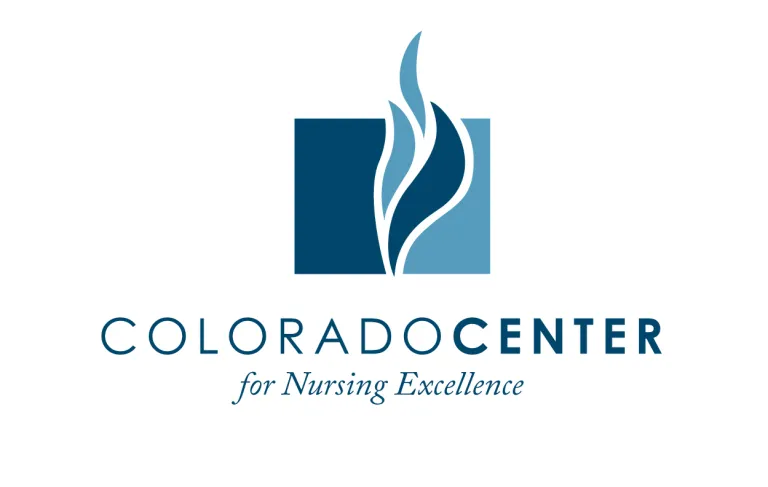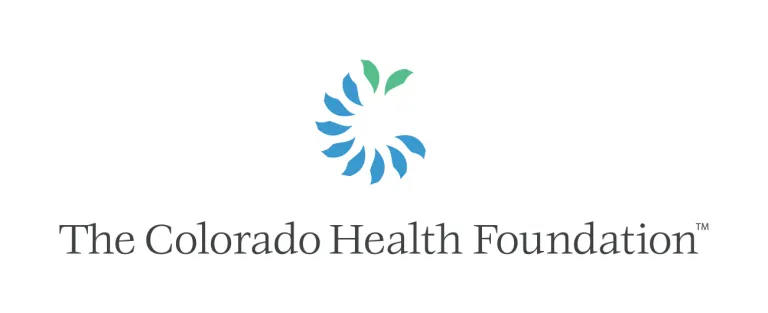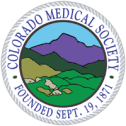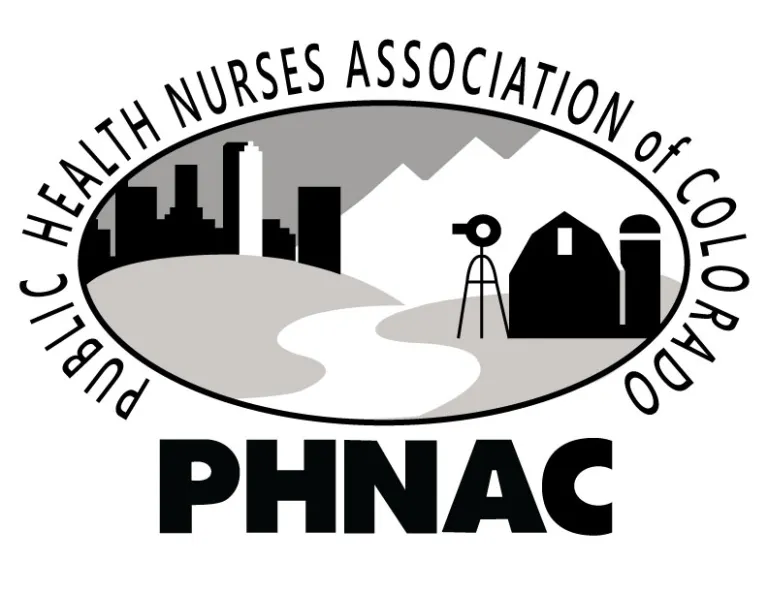Primary Care Movers and Changers (PCMAC)
PCMAC
PCMAC trains primary care clinicians to drive change, strengthen the delivery of services and improve health outcomes.
RIHEL has delivered PCMAC to multiple cohorts and we anticipate delivering it again in the future, but we have not determined when the next PCMAC will be held.
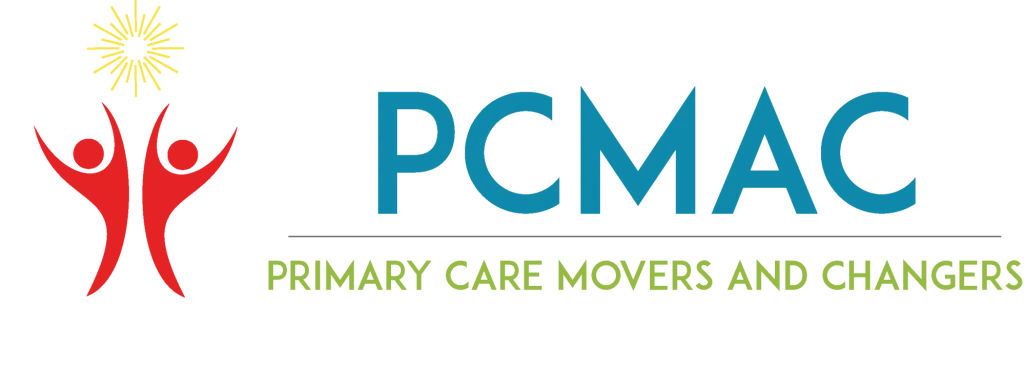
Advocate for Good
PCMAC is for primary care clinicians who are willing to advocate for changes in primary care. PCMAC is designed for a variety of types of licensed primary care providers in urban settings across our region and beyond who work with underserved patient populations. It is designed to create primary care clinician champions, able and willing to drive change, strengthen the delivery of services and improve the health outcomes of those they serve.
PCMAC teaches a wide range of leadership skills, delivered through four transformative in-person sessions facilitated by renowned leadership experts and coaches.
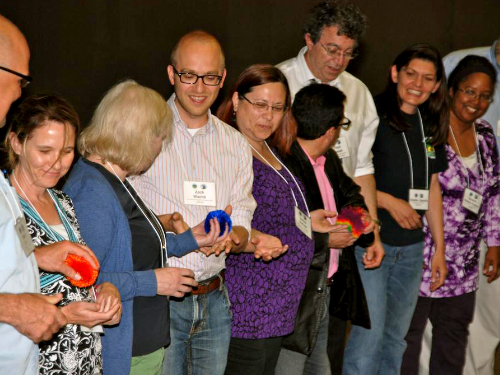
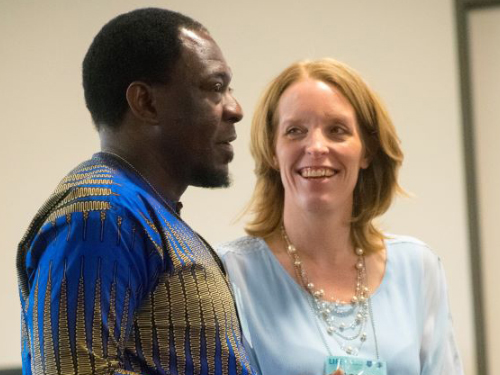
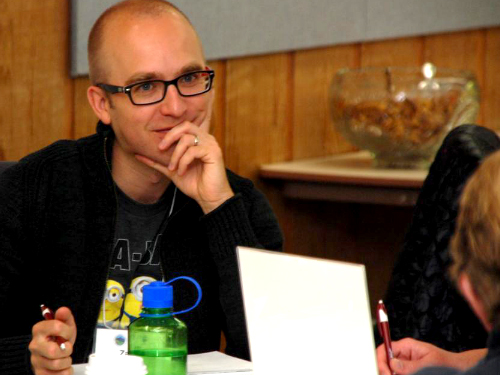
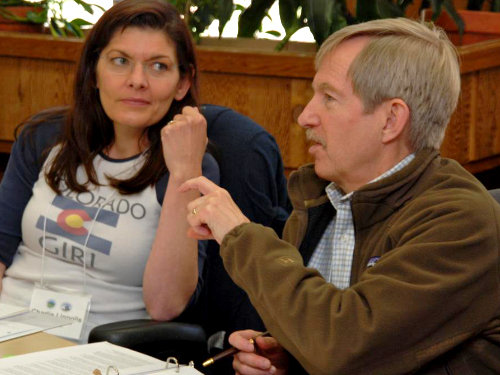
Key program elements:
- A year long program
- Includes four 3-day events held at various locations in Colorado
- Each participant completes a 360-degree assessment of personal leadership practices and other self- assessments
- A peer coach is provided to each participant
- Participants advocate for the primary care changes they wish to see in Colorado
- Stipends are provided to mitigate travel or other expense
Topics studied and practiced include:
- Exemplary Leadership Practices
- Collaboration and Teamwork
- Leading Change
- Emotional intelligence
- Difficult Conversations
- Coaching
- Intentional Action for Leaders
- Crafting Effective Messages
- Communicating through the Media
Acceptance into the Primary Care Movers and Changers (PCMAC) is the result of a competitive process. PCMAC will accept approximately 45 fellows from Colorado’s urban and suburban areas for this one-year program. Applications must be complete to be considered and reviewed. Factors that weigh significantly on the final application score include: the quality of the essays and personal statement, applicant experience and readiness for the program (as demonstrated through a resume or CV), and the letters of recommendation. Fellows will also be selected to achieve a diverse cohort, representative of many types of practices, organizations and geographic areas.
Time Commitment
Participants must commit the time required to complete assignments and participate in the four on-site events.
Employer Support
Participants are required to have the active and demonstrable support of their employers for this time commitment in the form of time away from work to participate in the on-site events. The concurrence of an organization executive is required in the application.
Technology Resources
Fellows must have access to the hardware and software to participate in distance learning. The program cannot assume any costs for the computer and communication systems used by the fellows.
Curriculum
PCMAC includes the five elements found in the most effective leadership development programs:
A conceptual model is theory that forms the framework for learning, in this case for learning about leadership. The ALTP uses two conceptual models of leadership:
- Leadership is Behavior. Leadership comprises behavior and is not a personality trait or a position on an organizational chart. RIHEL uses Kouzes and Posner’s behavioral model of leadership, the Five Practices of Exemplary Leadership: model the way, inspire a shared vision, challenge the process, enable others to act, and encourage the heart.
- Collaborative Leadership. Collaboration (also seen in the best teams) is the most effective known approach to addressing complex problems. Since all the easy problems in the effective delivery of primary care have already been solved – or do not require leadership – the collaborative approach is essential to effectively address our current challenges.
Action learning is critical to skill development. All fellows are asked to craft a two-page policy brief, a letter to the editor, and an elevator speech about the change that they wish to see, and then meet with an elected official who represents them to advocate for the change in primary care delivery that they wish to see in Colorado.
When a person has a position of authority, or is simply recognized as a leader, then (s)he will be approached for advice, including advice on matters about which (s)he may not know very much. Leaders need to help their peers and protégés to tap into their own wisdom by acting as a “strategic thinking partner”. Coaching in the moment is an essential skill for a person recognized as a leader. PCMAC dedicates program time to developing coaching skills. During the program, fellows practice peer coaching and are also paired with a RIHEL peer coach (a RIHEL leadership program alumnus). At least one coaching conversation is held per month for six months.
The ALTP will use the Leadership Practices Inventory (LPI) that corresponds directly to the Five Practices of Exemplary Leadership to provide quantitative information about the frequency with which they exhibit those practices. Many 360º degree evaluation tools are available, but this one has been extensively studied and validated, and corresponds to the behavioral conceptual model learned by the participants. Participants are assisted in interpreting the report and planning actions to help them increase the practices that they want to magnify.
Reflection is the hallmark of a leader, so ALTP faculty model reflection in the delivery of the program, facilitate group reflection during training events, and assign reflection questions between training events.
View a draft of the master schedule of the PCMAC program curriculum.
Questions about PCMAC?
Submit them in the contact form below.



